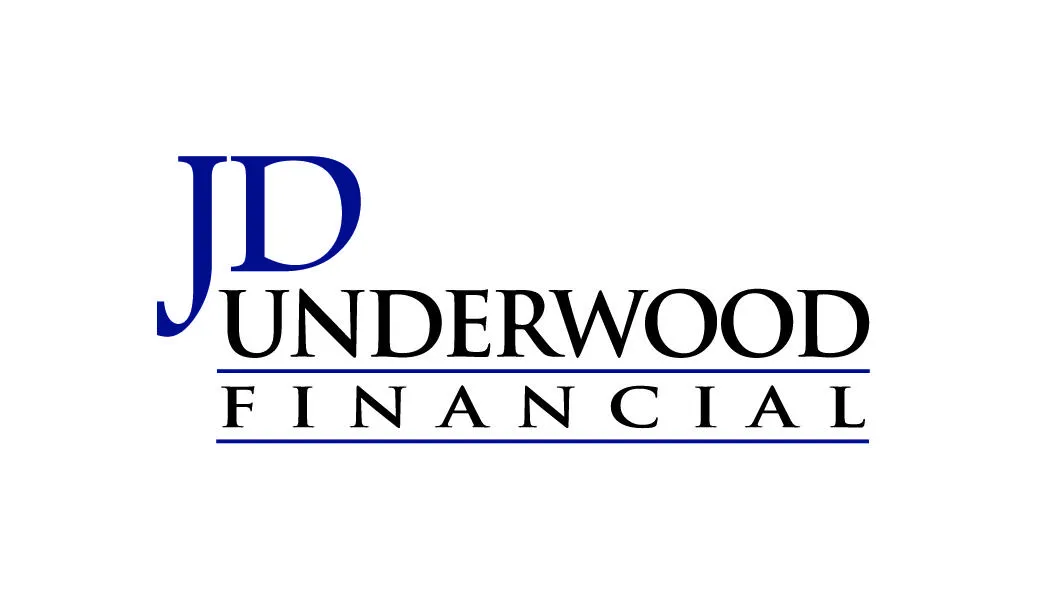7 Lessons On Strategies
The Rich Use To Buy Annuities
Lesson #4
Confessions of an Annuity Agent
How annuity agents really make their money and how you can spot which agents are only out to sell products and which ones are out to
provide legitimate solutions to their clients’ retirement needs.
Part 1 - How Annuity Agents Get Paid
The majority of annuity agents operating in the United States make their money from commissions. This means that when they sell an annuity product to a new client, the annuity company whose product was used will pay them a percentage-based fee of whatever the principal amount was that the client invested.
Most commission percentages vary by product and company. A typical fixed annuity will pay a commission of anywhere from 2-5%, which would net the agent somewhere around a $2,000 - $5,000 commission for every $100,000 of principal that a client would invest. Other types of annuities, such as variable or equity-indexed annuities, may pay a higher commission up front (sometimes upwards of 6-9%) or they will pay a small “trail” commission for every year that the client’s account stays “on the books.”
For many consumers, this sounds like the agent is getting too good of a deal up-front. However, it is important for the consumer to keep in mind that while an annuity agent appears to get paid more up front than, say, a mutual fund advisor might, this up front commission is usually the only money the agent makes throughout the entire life of the contract - even though they may continue to provide ongoing service to their clients’ accounts for up to 10 years or more.
Here is a quick example. Let’s say that an annuity agent is helping his client open a 10 year fixed annuity account for $100,000, and that his commission is 5%. That means that his commission is $5,000 up front, but it is also the total amount of compensation he will receive for managing this account and providing service for his client for the next 10 years. At the same time, let’s say a mutual fund advisor is also opening an account for her client with an identical $100,000 of investment principal. The mutual fund advisor is paid a 0.75% fee up-front, but also continues to charge a 0.75% asset fee every year for the next 10 years.
At the end of 10 years, who has made more money – the annuity agent or the mutual fund manager? Let’s see. The annuity agent made $5,000 one time up front. The mutual fund manager made 0.75% every year for 10 years, which comes out to $7,500. That’s 50% more commission than the annuity advisor - and that doesn’t even count the fact that as the mutual fund grows, the .75% earned is on a higher balance every year!
Lastly, keep in mind that if you invest your money with a fixed or fixed-indexed annuity, 100% of your principal goes to work for you from day one, and the agent is paid a commission out of the annuity company’s pocket – not yours. In contrast, if we go back to the mutual fund example with the 0.75% fee, it would mean that once you invest your $100,000 – your opening balance is $99,250 after the fee AND that 0.75% comes directly out of your earnings every year for the next 10 years.
So the bottom line is that instead of worrying about whether the annuity agent you are considering working with is getting paid a commission or not, it would be better for you to shift your focus onto the key points that we are going to outline in the rest of this lesson.
Part 2 – Can Commission-Based Agents Be Trusted?
Yes, absolutely! But…
First, they must be able to clearly prove themselves to be a person of integrity.
And second, you need to feel comfortable that they are truly looking out for your best interests by providing you with a solution and not just selling you a product.
“Yeah, but how will I know if they are or not?”
Don’t worry; we are going to give you some very helpful tips on how to make that determination in the next two sections.
In the meantime, try to remember one thing: Whether someone gets paid on commission or on salary, they’re either an honest person or they’re not. Here is what we mean. Most real estate agents work on commission, and most will genuinely work hard to find their clients’ “dream house.” On the other hand, you can find countless examples in the corporate world of dishonesty and corruption by salaried people.
Have you ever heard that it is better to work with a fee-based financial planner who bills by the hour for non-biased advice because they have no motivation to sell you financial products?
Have you also heard that a number of fee-based planners come under fire because they produce massive, phone-book sized financial plans that are packed full of overly-complex and outright unnecessary graphs and charts just so they can rack up extra billable hours?
…See the point? Either someone’s honest or they’re not.
So again, the bottom line is whether you are dealing with fee-based, commission based, or salary-based advisors, we recommend that you spend your time focusing on the individual character of the person you are dealing with more than their compensation model.
So what types of signs do you look for? Let’s move on to Part 3…
Part 3 – Spotting Commission-Hungry Agents
As we mentioned earlier, there are honest people and dishonest people, and there are good and bad annuity agents. Here are some valuable tips and warning signs you can use to determine which kind of agent you’re interviewing.
Red Flag #1 – Are They A “Captive Agent?”
Captive agents only work for one insurance company and typically receive a lot of pressure when it comes to production and quotas. This does not guarantee that an advisor is unethical, but it can make it much more difficult for an annuity advisor to give unbiased advice when they are limited to selling one company’s products.
In contrast, an independent advisor typically brokers with numerous annuity companies and therefore has no quotas. Also, an independent advisor has much more flexibility when it comes to hand picking the perfect product for your exact needs. So always ask, “Are you captive or independent?”
Red Flag #2 – Do They Overly “Favor” One Or Two Main Annuity Products?
A truly ethical annuity agent will sell based on his clients’ needs - not on his own commissions. Even though most independent agents have access to multiple companies and products, it is important to cross-examine them to make sure they don’t oversell a certain type of annuity (just because it happens to pay the best commission).
Always ask what factors influence their decision to recommend a certain annuity over another and whether or not that recommendation changes for different clients and why…you get the picture.
Red Flag #3 – Product Pitching vs. Understanding Your Needs
This is pretty closely related to the one above with one extra point: Does your agent spend the majority of the time talking about a specific “fantastic” product or do they spend the time asking you genuine questions about what your real needs are?
One of the most telling signs that you are interviewing a commission hungry agent is that they are more concerned about getting you excited about THEIR annuity product than focusing on why it’s right for YOU! Trust your gut with this one. Ethical annuity agents do more listening than talking!
On a side note, we want you to know that there is no reason to be concerned or intimidated by annuities or the agents who sell them. Annuities are like most other things in life. They come with good parts and bad parts. If someone has a bad investment experience with an annuity, it is usually for the same reasons that they might have a bad experience with any other type of investment – when that investment was sold or structured incorrectly in relation to their needs.
So don’t let any of this information keep you from enjoying the legitimate benefits that annuities can provide. Just take it slow and use common sense. Part 4 will give you some great tips on what you DO want in an annuity and the agent who’s recommending it.
Part #4 - Identifying Ethical Annuity Advisors
So how do you know when you’ve truly found a good agent?
How do you know that you are about to purchase an annuity product or strategy that is going to provide you with years of security, peace of mind, and solutions that you will be happy with?
These simple tests can go a long way in helping you make the best decision about the annuity advisor you’re working with.
Test #1 – They are more interested in you than in themselves.
A good, ethical annuity agent will want to provide lasting solutions to their clients’ most pressing needs. An honest agent will take the time to sit and talk with you, ask questions, listen, find out what’s important to you, and work together with you to find a solution to your needs. An honest agent is always more interested in solutions, rather than products.
Test #2 – THEY are willing to be the one to say “No”
An honest annuity agent will be willing to tell a client “No, I don’t think that what I have is the best fit for your needs” instead of trying to force a sale like a commission-hungry agent would.
Test #3 – They are willing to provide you with references
A commission-hungry or dishonest annuity agent will probably leave a trail of less-than-satisfied customers behind him and will therefore be hesitant to put you in touch with his client base. An ethical agent, on the other hand, will be more than happy to provide you with the testimonials or references of clients who found genuine value in the work he provided. This is a great test to draw the line in the sand!


James Underwood
Financial Advisor
Jd@jdunderwoodfinancial.com
954-947-3015


James Underwood
Financial Advisor
Jd@jdunderwoodfinancial.com
954-947-3015